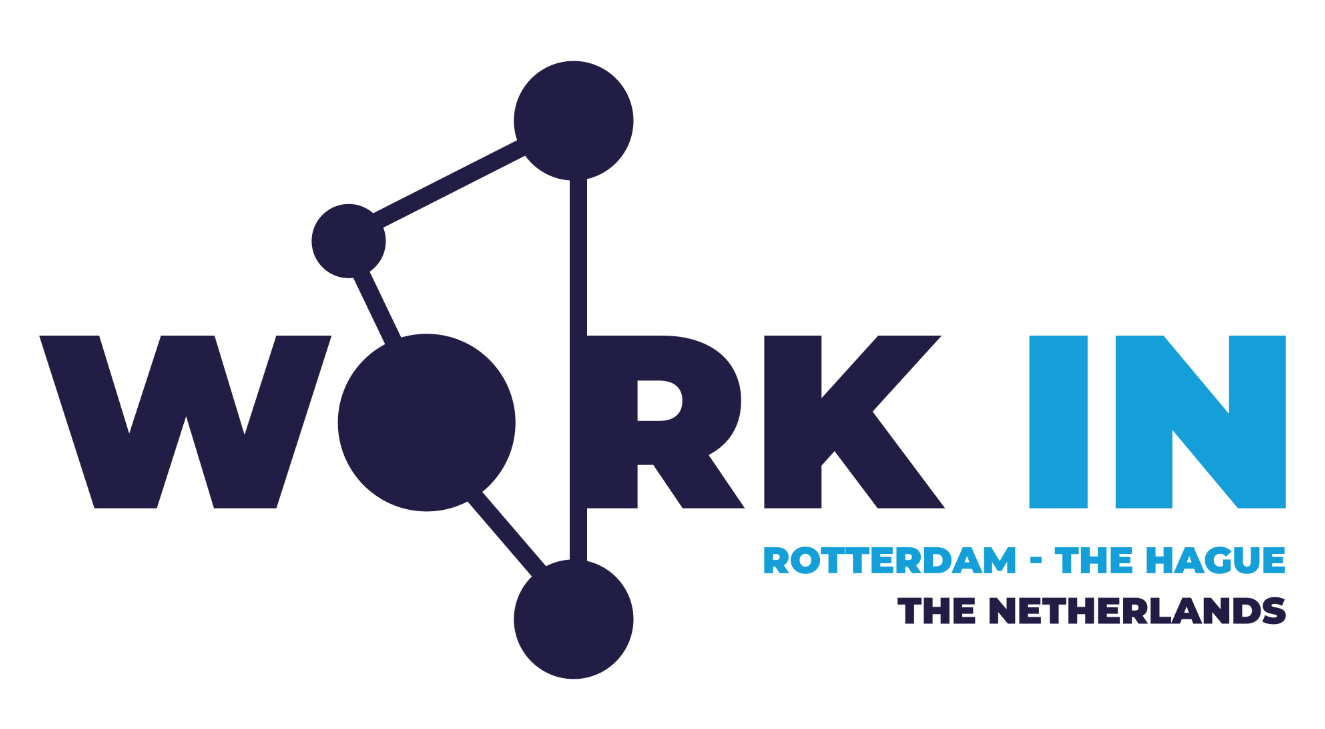PhD High Speed Generator Design

Delft University of Technology (TU Delft)
How to design a high speed generator driven by a small modular nuclear reactor connected to ship board electric power system?
Job description
MeGa-Drive stands for Maritime Electrical Generator Atomic Drive. The MeGa-Drive project is funded by the subsidy schema maritime innovation projects (subsidieregeling maritieme innovatieprojecten). The project leader is Advanced Electromagnetics BV. We also collaborate with Allseas, who are developping an SMR for maritime applications.
The aim of the project is to research and develop a high speed generator system that converts the mechanical power coming from the thermal cycle of a Small Modular Reactor into electric power for the electric power system. To make the thermal cycle compact, the thermal cycle that drives the turbine - generator combination is a cycle with super critical CO2, which results a high speed compact turbine-generator combination.
The challenges of high speed electrical machine design are a combination of
- Electromagnetic design (how to design the magnetic and electrical circuits that interact to convert mechanical power into electrical power).
- Thermal design (how to get rid of the heat developed in the electric and magnetic circuit).
- Mechanical design (how to keep the rotor mechanically intact at high speeds).
The power electronics connecting the generator to the electric power system will probably be commercial off the shelf. However, the power electronics determine the current waveforms, and therefore influence the electromagnetic design.
The electric power of such an SMR will probably be in the order of 20 MW. Within the project, the project partners are planning to build and test a demonstrator with a power level in the order of 1 MW.
The research will be carried out in close cooperation with national academic and industrial partners working on the NWO-funded project Survivable DC Systems for Ships. The industrial partners will provide excess to use cases and recorded data of state-of-the art zero-emission ships. The zero-emission laboratory of MARIN can be used for validation of the control strategies with real components.
The candidate will be part of a large team of PhD students working on different aspects of energy transition in the maritime sector.
The candidate will work at the Delft University of Technology, in the Department of Maritime & Transport Technology, in the Group Sustainable Drive and Energy Systems under the supervision and guidance of Henk Polinder.
Job requirements
We are looking for an outstanding and enthusiastic PhD candidate who has expertise and/or interest in modelling and design of electrical machines and drives, with an MSc degree related to this areas: electrical power engineering, mechanical engineering.
Other characteristics of a suitable candidate:
- Proactive.
- Independent.
- Able to interact with different stake holders.
- Good communication skills (in English).
TU Delft (Delft University of Technology)
Delft University of Technology is built on strong foundations. As creators of the world-famous Dutch waterworks and pioneers in biotech, TU Delft is a top international university combining science, engineering and design. It delivers world class results in education, research and innovation to address challenges in the areas of energy, climate, mobility, health and digital society. For generations, our engineers have proven to be entrepreneurial problem-solvers, both in business and in a social context.
At TU Delft we embrace diversity as one of our core values and we actively engage to be a university where you feel at home and can flourish. We value different perspectives and qualities. We believe this makes our work more innovative, the TU Delft community more vibrant and the world more just. Together, we imagine, invent and create solutions using technology to have a positive impact on a global scale. That is why we invite you to apply. Your application will receive fair consideration.
Challenge. Change. Impact!
Faculty Mechanical Engineering
From chip to ship. From machine to human being. From idea to solution. Driven by a deep-rooted desire to understand our environment and discover its underlying mechanisms, research and education at the ME faculty focusses on fundamental understanding, design, production including application and product improvement, materials, processes and (mechanical) systems.
ME is a dynamic and innovative faculty with high-tech lab facilities and international reach. It’s a large faculty but also versatile, so we can often make unique connections by combining different disciplines. This is reflected in ME’s outstanding, state-of-the-art education, which trains students to become responsible and socially engaged engineers and scientists. We translate our knowledge and insights into solutions to societal issues, contributing to a sustainable society and to the development of prosperity and well-being. That is what unites us in pioneering research, inspiring education and (inter)national cooperation.
Click here to go to the website of the Faculty of Mechanical Engineering. Do you want to experience working at our faculty? These videos will introduce you to some of our researchers and their work.
Conditions of employment
Doctoral candidates will be offered a 4-year period of employment in principle, but in the form of 2 employment contracts. An initial 1,5 year contract with an official go/no go progress assessment within 15 months. Followed by an additional contract for the remaining 2,5 years assuming everything goes well and performance requirements are met.
Salary and benefits are in accordance with the Collective Labour Agreement for Dutch Universities , increasing from Promovendus gross per month, from the first year to the fourth year based on a fulltime contract (38 hours), plus 8% holiday allowance and an end-of-year bonus of 8.3%.
As a PhD candidate you will be enrolled in the TU Delft Graduate School. The TU Delft Graduate School provides an inspiring research environment with an excellent team of supervisors, academic staff and a mentor. The Doctoral Education Programme is aimed at developing your transferable, discipline-related and research skills.
The TU Delft offers a customisable compensation package, discounts on health insurance, and a monthly work costs contribution. Flexible work schedules can be arranged.
Will you need to relocate to the Netherlands for this job? TU Delft is committed to make your move as smooth as possible! The HR unit, Coming to Delft Service, offers information on their website to help you prepare your relocation. In addition, Coming to Delft Service organises events to help you settle in the Netherlands, and expand your (social) network in Delft. A Dual Career Programme is available, to support your accompanying partner with their job search in the Netherlands.
Additional information
If you would like more information about this vacancy or the selection procedure, please contact dr.ir. Henk Polinder, via h.polinder@tudelft.nl
Application procedure
Are you interested in this vacancy? Please apply no later than 9 October 2025 via the application button and upload the following documents:
- A cover letter stating your motivation.
- Detailed curriculum vitae (including a list of publications).
- Names of up to three professional referees.
You can address your application to dr.ir. Henk Polinder.
Doing a PhD at TU Delft requires English proficiency at a certain level to ensure that the candidate is able to communicate and interact well, participate in English-taught Doctoral Education courses, and write scientific articles and a final thesis. For more details please check the Graduate Schools Admission Requirements.
Please note:
- You can apply online. We will not process applications sent by email and/or post.
- As part of knowledge security, TU Delft conducts a risk assessment during the recruitment of personnel. We do this, among other things, to prevent the unwanted transfer of sensitive knowledge and technology. The assessment is based on information provided by the candidates themselves, such as their motivation letter and CV, and takes place at the final stages of the selection process. When the outcome of the assessment is negative, the candidate will be informed. The processing of personal data in the context of the risk assessment is carried out on the legal basis of the GDPR: performing a public task in the public interest. You can find more information about this assessment on our website about knowledge security.
- Applying for an exemption for specific research and educational areas is an obligatory part of the selection procedure for this vacancy. This exemption must be obtained from the Ministry of Education, Culture and Science (OCW) before an employment contract is agreed upon. Click here for more information.
- Please do not contact us for unsolicited services

